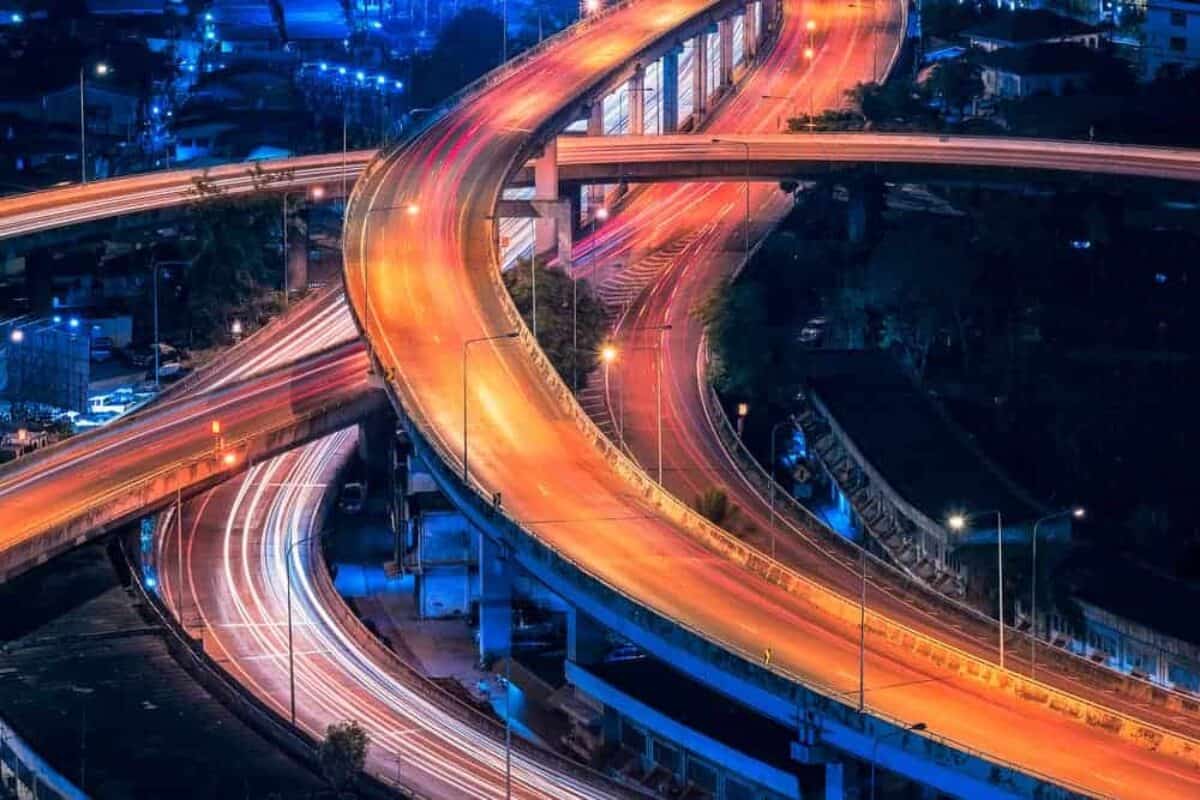U.S. drivers are taking to the road more than ever before this year. According to data from the Federal Highway Administration (FHWA), Americans drove more than 2.4 trillion miles in the first nine months of the year. Alongside record miles traveled, the FHWA also announced that American drivers consumed 71.8 billion barrels of gasoline in the first half of the year – a record high and the sixth consecutive increase in national consumption for the first six months of any year on record. These two points of data come at a time when gas prices across the nation are also down from highs in 2012, further encouraging Americans to take to the roads.
This data leads to the conclusion that America’s infrastructure is being used more than ever. With high use comes deterioration and the need for costly maintenance. The American Society of Civil Engineers, in its last assessment of the state of the nation’s infrastructure in 2013, gave the country’s infrastructure quality an overall rating of D+, citing a need for $3.6 trillion in investment through 2020.
Historically, states have not spent much on infrastructure. According to information from the Center on Budget and Policy Priorities, Alaska, North Dakota and South Dakota spend a greater percentage of their state budget on infrastructure than the rest of the country, spending 12 percent, 13.1 percent, and 14.3 percent, respectively. The remaining 47 states spend between 3.3 percent in California, and nine percent in Delaware, with the average state spending around 6.7 percent of their budget on infrastructure needs.
With the existing combinations of high infrastructure usage and low infrastructure spending, and high gasoline usage and low gasoline prices, states are continuing to examine ways to increase state-level spending, which currently accounts for 69 percent of spending on all infrastructure projects, while the remaining 31 percent comes from federal funds. The most popular method of financing, the gasoline tax, is likely to be considered by a number of states. Alternative methods, such as registration surcharges on low and zero-emission vehicles, will also be considered in the states.
In California, the state legislature just completed a special session on transportation funding, however the governor and legislative leaders announced that a vote on the issue would not take place before the session’s November 30 end, according to The Sacramento Bee. Despite not reaching a solution during the special session, lawmakers will continue to work on the issue during the current 2017 session. Gas tax increases, road user fees and cap-and-trade funding are all being considered and legislation has been filed: AB 1 would increase the gas tax, increase motor vehicle registration fees, and impose a new annual registration fee on zero-emission motor vehicles. The bill seeks to raise at least $6 billion for transportation funding annually, according to East County Today.
Northern Colorado interest groups and elected officials are preparing to push legislative leaders to increase infrastructure funding in order to expand Interstate 25 to four lanes each way during the upcoming legislative session, according to The Greely Tribune. The officials have indicated that they will push for increases in the state’s gas tax, currently 22 cents per gallon, and a dedicated sales tax in order to secure the funding needed for the expansion.
Indiana lawmakers have also identified transportation funding as a priority in 2017. The Indy Star reports that an estimated $500 million to $1 billion is needed to maintain roads. Tax increases are expected to be included in the road funding package, with increased gas or cigarette taxes both proposed as possible solutions.
Nebraska officials, meanwhile, have described the state as being in an “enviable” position relative to other states on transportation finance. The state will need an estimated $16.6 million to meet its needs over the next 20 years, and is on pace to meet those needs. In recent years, Nebraska has raised its gas tax and set aside portions of its sales tax in order to meet its infrastructure needs.
In Wisconsin, Republican Gov. Scott Walker has pledged that he will not raise state taxes or fees in order to fill the state’s nearly $1 billion transportation budget deficit, according to the Star Tribune. Lawmakers in the state, however, disagree and plan to consider proposals to increase gasoline taxes and registration fees in order to fill the budget gap.
At the federal level, transportation funding has emerged as a top priority of Republican President-elect Donald Trump, who during his presidential campaign outlined the need to rebuild and repair infrastructure around the nation. His plan has called for creating up to $1 trillion in infrastructure investment over 10 years through a combination of public-private partnerships, private investments and tax incentives. Lawmakers from both parties have shown signs of warming to an infrastructure plan, signaling that it will be a top priority in all levels of government in the coming years.


